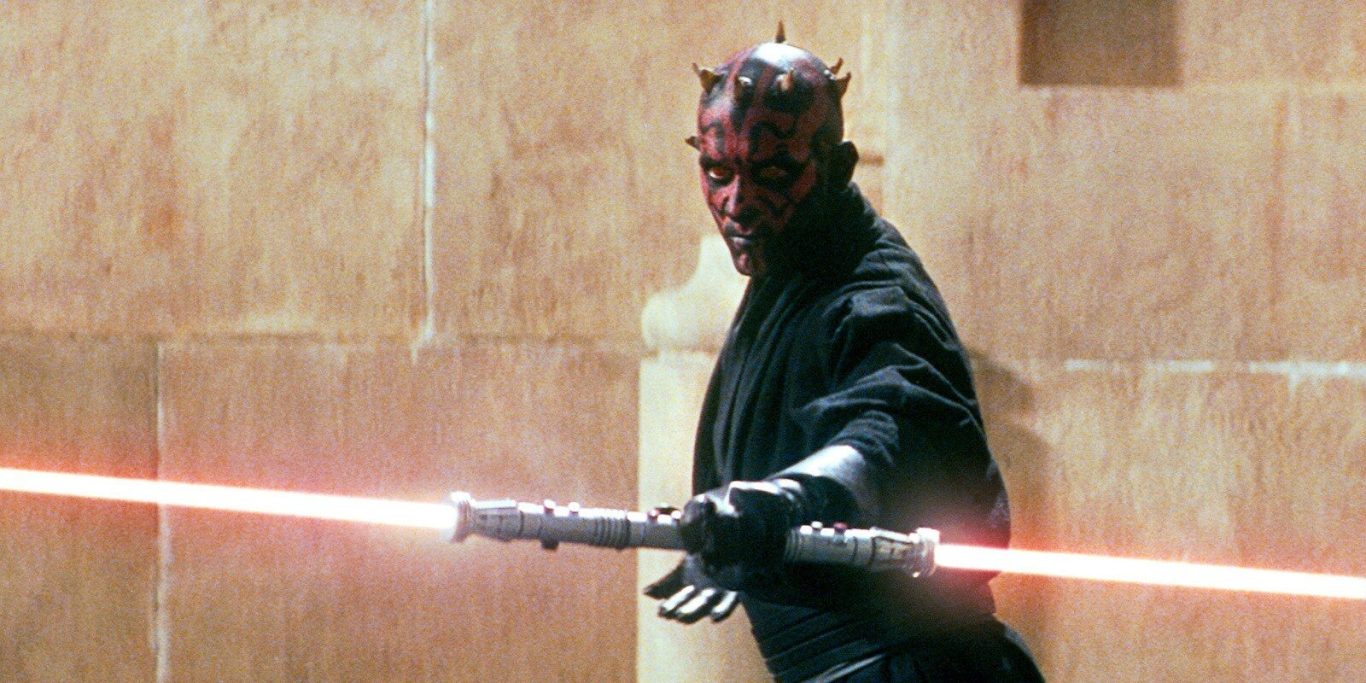Star Wars and the Soul of Rebellion
By: Shreyas Jain
0x/0x/2x

Tano, Darren. Jedi vs. Sith Concept Art. ArtStation, uploaded by Darren Tan, 2022.
From the moment the opening crawl of A New Hope declared a "civil war" raging in the galaxy, Star Wars signaled that it was about more than space battles and glowing swords. For me, the draw to Star Wars has always gone deeper than its spectacle. It’s about rebellion — against silence, order, fear, and the self. The galaxy far, far away mirrors our own — filled with broken systems, fallen empires, and people wrestling with whether fighting back is noble, necessary, or doomed.
This is why I keep returning to it. Rebellion in Star Wars is a mindset. It’s hope clawing its way through despair, and sometimes, it’s vengeance dressed as justice. Like history itself, Star Wars shows us that rebellion always costs more than we think. And those who rise up don’t always rise above.
The Anatomy of a Rebel: From Hope to Bitterness
The Rebel Alliance begins as a noble stand. Mon Mothma and Bail Organa oppose Palpatine with calm defiance, believing diplomacy could still restrain evil. But the longer the Empire tightens its grip, the more the rebels splinter. Rogue One shows us this vividly: Cassian Andor confesses, "I've been in this fight since I was six years old." He’s not fighting clean — he’s surviving. Luthen Rael, perhaps the most brutally honest character in the canon, says, "I burn my life to make a sunrise I know I’ll never see." This is rebellion as sacrifice, but also as moral erosion.
History echoes this. The American Revolution began with liberty as its anthem, but the Founders quickly faced contradictions — a Constitution that allowed slavery, and a system where only some men could vote. The French Revolution began with liberté, égalité, fraternité and ended with the guillotine and Robespierre’s Terror. Even righteous revolutions bleed.
Darth Maul and the Tragedy of Revenge-as-Rebellion

Lucasfilm Ltd. Star Wars: Episode I – The Phantom Menace. Directed by George Lucas, 20th Century Fox, 1999.
Darth Maul is my favorite character — not because he’s the strongest, but because he’s the most broken. Bred to be Palpatine’s apprentice, discarded, and cut in half, Maul survives through sheer rage. But what does he do with his second life? He doesn’t rebel for justice. He claws for relevance. He tries to build his own empire on Mandalore, not to free anyone, but to finally matter again. He tells Ezra Bridger, “The Sith took everything from me. Ripped me from my mother, enslaved me, destroyed my family... I was destined to become so much more.”
That’s not rebellion. That’s obsession. And yet, it’s real. History is full of Mauls — leaders who were wronged, then built their cause around revenge. Napoleon turned the revolution into empire. Stalin survived prison, only to become the prison warden of the USSR. Their vengeance distorted justice. As Nietzsche warned, “He who fights with monsters should be careful lest he thereby become a monster.”
Two Flawed Institutions and False Hope

Lucasfilm Ltd. Star Wars: Return of the Jedi. Directed by Richard Marquand, Lucasfilm and 20th Century Fox, 1983.
Star Wars is brutally honest: rebellion is messy because the systems it opposes are messy too. The Jedi, for all their discipline, failed. They became dogmatic, blind to Anakin’s fear, too rigid to adapt. Yoda admitted, "Our own arrogance... that's what defeated us." The Empire rose not just through Palpatine’s cunning, but because people were tired of the Republic’s decay.
This mirrors real history. Rome's republic gave way to empire not through conquest, but fatigue. The people accepted Augustus because he promised peace — the Pax Romana. Just as the galaxy accepted Palpatine’s New Order after the Clone Wars. In both cases, order was purchased with freedom.
One of the most profound questions Star Wars asks is: what happens after rebellion succeeds? The sequels try to answer this. The New Republic becomes bureaucratic and blind. Leia’s warnings are ignored. A new Empire — the First Order — rises from the ashes. It’s not a reboot. It’s realism. Victory doesn’t guarantee peace.
This is the Washington vs. Napoleon problem. Washington willingly gave up power. Napoleon crowned himself emperor. One gave the rebellion dignity. The other turned it into a throne. Power doesn’t purify — it reveals. And rebellions that don’t build something better become the very thing they destroyed.
Conclusion: What Star Wars Teaches Us About Real Rebellion

Lucasfilm Ltd. Star Wars: The Empire Strikes Back. Directed by Irvin Kershner, 20th Century Fox, 1980.
The Jedi are not angels. The Sith are not just devils. Both seek control — one through denial, the other through indulgence. The Force is the moral heart of Star Wars, but it’s also a warning. Who can wield power without falling into pride? Luke throws away his lightsaber rather than kill his father. That is rebellion — not against the Empire, but against hate itself. Star Wars resonates because it understands what rebellion really is. It’s not fireworks and speeches. It’s messy, painful, and sometimes quiet. It’s fighting for something you might not live to see. It’s choosing restraint when revenge would feel better. It’s Darth Maul falling, again and again, and still trying to prove he matters. It’s Luthen Rael burning his life so others can have one. It’s Luke standing unarmed before the darkness. It’s Leia watching everything she built fall apart — and still getting back up.
Real rebellion isn’t about overthrowing power. It’s about being worthy of it. That’s what makes Star Wars feel more like history than fiction — and why the fight, in some form, never ends.
aaaaa
We need your consent to load the translations
We use a third-party service to translate the website content that may collect data about your activity. Please review the details in the privacy policy and accept the service to view the translations.
